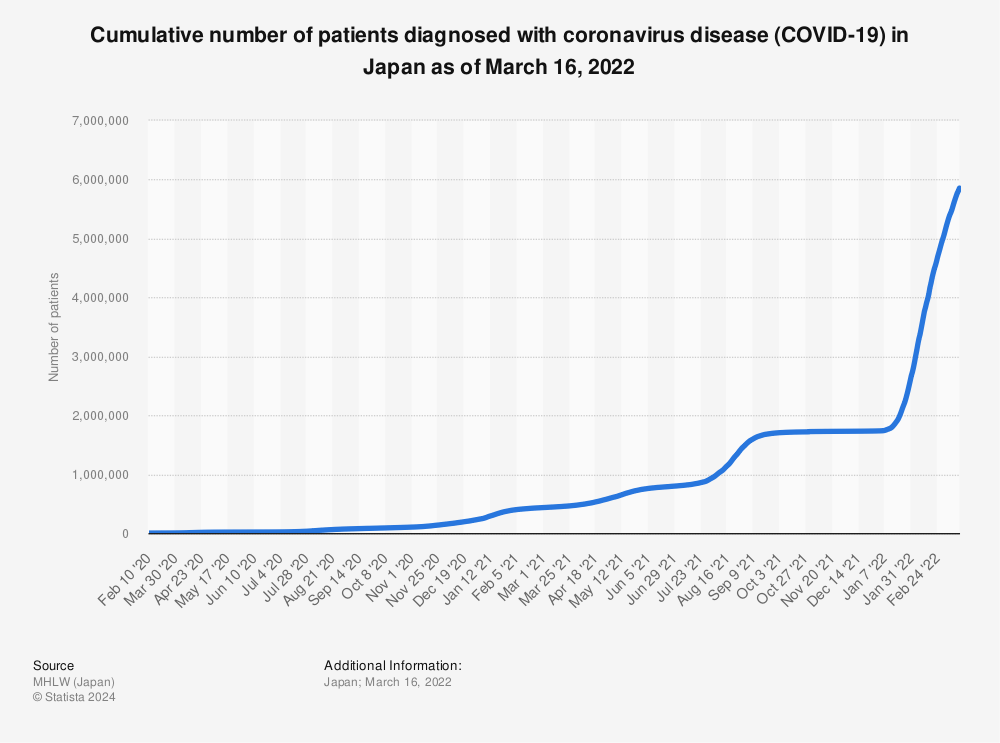SOCIETY: YOUR WEEKLY NEWSLETTER
This week
This article comes from The New York Times. You can find it right here : Article1
The guidelines published on a government website , have drawn a backlash from people who called them symbolic of anachronistic views in a patriarchal country.
Before giving birth, check that your family has sufficient toilet paper. Prepare ready-made meals for your husband, who surely “is not good at cooking.” Tie up your hair, “so that you don’t look disheveled” even as you go without a bath. And after the baby arrives, keep a “small-size” dress in sight — you’ll need motivation not to take that extra bite.

These words of advice, offered to pregnant women by the authorities
in Seoul, have created a backlash in South Korea, where the
government can ill afford to fumble as it desperately tries to
compel women to have more babies and reverse the world’s lowest
birthrate.
The pregnancy guidelines were first published on a government
website in 2019. But they caught the attention of the public only in
recent days, causing an outcry on social media, where people said
they reflected outmoded views that persist in segments of the deeply
patriarchal society and petitioned for their removal.
Yong Hye-in, an activist and politician, said that under the
guidelines, a woman’s child-rearing responsibilities were doubled by
having to care for her husband too. A better tactic for those
married to men incapable of doing things like throwing away rotting
food, Ms. Yong wrote on Twitter, would be divorce.
Experts called the government’s advice a missed opportunity. “I
think it is written by someone who never gave birth,” said Dr. Kim
Jae-yean, chairman of the Korean Association of Obstetricians and
Gynecologists. He added that the government should have provided
practical advice on issues like breastfeeding.

Yong Hye In, a civil society activist
A petition started online last week, which has been signed by more
than 21,000 people, called for a public apology from officials, as
well as disciplinary action against those who released the
guidelines.
In an email to The New York Times, the public health division of the
Seoul city government said it felt “responsible for not reviewing
and monitoring the contents, approved at the time, thoroughly and
closely.” It said it would review its online content, and improve
gender sensitivity training for all municipal employees.
While the most offensive parts of the guidelines have been removed,
some of the advice remains online, and screenshots of the original
text continue to circulate on social media.
“Why are we looking for the cause of the low birthrate from far
away? It’s right here,” wrote one person on Twitter. Another said
women were infuriated by the rules: “Who made this guideline? There
are lots of things to be corrected.”
Some lawmakers criticized the messaging as damaging for South
Korea’s reputation.
“It is awkward that the anachronistic admonition on how pregnant
women should serve their families is still being distributed,” Woo
Sang-ho, a lawmaker of the governing Democratic Party, wrote on
Facebook last week, before the guidelines were removed.
Others, however, said the online criticism went too far. “I don’t think it’s that ridiculous to suggest women prepare food and the house,” said Kyung Jin Kim, 42, a former lawyer based in Seoul, who recently left her career to start a family. But she said the guidelines could have been more useful “if the tone were not so like a middle-aged Korean guy or an old Korean mother-in-law.” Under the recommendations, women were advised to check their household essentials so that their family members would “not be uncomfortable.” They were also urged to clean out the fridge, prepare meals and find someone to care for their other children.

The advice made no mention of any responsibilities for husbands. But it
did have some suggestions for how to remain attractive to them.
“Hang the clothes you wore before your marriage or small-size clothes you
would like to wear after childbirth by putting one in a place you can
easily see,” the original text from the site read. It added that “when you
feel like you would like to eat more than you need to, or skip exercising,
you get motivated by looking at the clothes.”
Though South Korea has become an economic and cultural powerhouse, many
women still experience misogyny in very practical terms.
By Livia Albeck-Ripka and Youmi Kim Published Jan. 12, 2021 Updated Jan. 13, 2021

As coronavirus cases rise throughout Japan and in several large countries in Europe and the Americas, officials both in Tokyo and with the International Olympic Committee have begun to acknowledge that holding a safe Games might not be possible, endangering dreams that the Olympics could serve as a global celebration of the end of the pandemic.
Organizers postponed the Olympic Games for one year last March. Nearly a year later, prospects are getting bleaker. Plans for the postponed Tokyo Olympic Games are growing more uncertain by the day. Instead, the I.O.C. may be forced to cancel the Olympics for the first time since World War II. That would be a huge financial blow to both the Olympic organization and Japan,

which has spent more than $12 billion building stadiums and improving its infrastructure to prepare for the Games, and billions more to delay the event by a year. For weeks, Japanese and Olympic officials have insisted that the Games will go forward, and that a further delay is not possible. Organizers have been trying to come up with plans to hold the Games in a manner acceptable to the Japanese public, announcing an array of safety measures.
But polls show an increasing wariness. In a survey conducted this month, the Japanese broadcaster NHK found that nearly 80 percent of respondents believed the Games should be postponed again or canceled entirely. In October, less than half of respondents said that. The figure rose to 71 percent in December. On Friday, Taro Kono, a member of Japan’s cabinet, broke with his government’s official line, saying the Games “could go either way,” according to a report by Reuters.
His remarks followed similar comments this week by the Canadian Dick Pound, the longest-serving I.O.C. member, who told the BBC that there was “no guarantee” that the Games would take place. Organizers in Tokyo and at the I.O.C. agreed in March to postpone the Games for one year. The biennial sports festival, the world’s largest, was supposed to take place last July and August. The opening ceremony for the Summer Games is now scheduled for July 23.
Thomas Bach, the president of the I.O.C., has said that postponing the Games again is not an option, and that if the event cannot take place this summer, it will not happen at all. Toshiro Muto, chief executive of the Tokyo Organizing Committee for the Olympic Games, reaffirmed that position this week.
The I.O.C. has already awarded the 2024 Summer Games to Paris and the
2028 Summer Games to Los Angeles.
Hopes for the Games had risen as several major sporting events were
held around the world without major problems, albeit on a much smaller
scale and with few or no fans in attendance.
For now, Japan is vowing to press ahead with preparations. Yoshiro Mori, president of the Tokyo organizing committee, tried to reassure staff members in a speech on Tuesday.
If you wan to read more about this subject, click here
By Matthew Futterman Jan. 15, 2021
The sharp drop in visitors since the start of the pandemic pressed this small community in the hills of Chianti to cling to the essentials: the pharmacy, the food store and agriculture.

CASTELLINA IN CHIANTI, Italy — For decades, the rolling hills of Chianti in Tuscany have been a holiday destination for tourists from all over the world. Nearly year round, visitors take on the region’s winding roads in their rental cars, admiring the landscape laboriously sculpted by farmers, where vineyards blend into olive groves, and forests of oak trees give way to cypress-lined drives.
For me, this is home. I remember strolling through the streets as a young girl in the summers, surrounded by northern European visitors. My first job was at a local tourism office, where I helped travelers with their assorted accents look for paper maps of the area. Hotels filled up quickly in those days.
More than 114,000 tourists passed through my village in 2019, and the number was even higher in previous years. But the pandemic — which has unsettled the globe and taken more than 75,600 lives in Italy alone — has brought tourism to a halt across the country and in my village, Castellina in Chianti, a hamlet of 2,800.
This year, foreigners, who usually would be sipping espressos on the
local bar’s terrace or grocery shopping at the farmers’ market, are
nowhere to be seen. And without them, the town seems to have slid
back in time.
Decades ago, villagers needing medical advice, paperwork for health
services and even some routine procedures like blood tests often
turned to the local pharmacy, which sits on the ruins of the town’s
late Medieval gateway, just across from the church on the
cobblestone main street.
Over time, though, national policies required the town’s health office to expand its services, so people went there instead. But local authorities closed the health office in March because of the coronavirus, and residents again found themselves relying on the pharmacy for basic health care and routine tests.
“People came to us like they used to decades ago,” said Alessio Berti, 68, who has run the pharmacy for the past 46 years.
If you want to learn more about Chianti and the crisis, click here
And to end this week's newsletter, just a little video about Chianti !
See you next week !